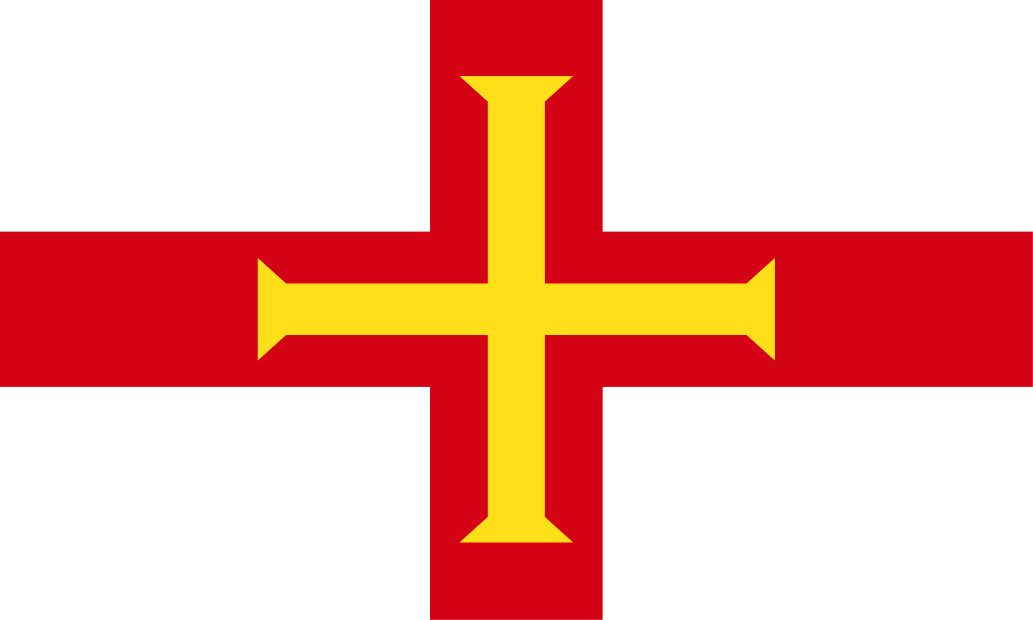
Guernsey celebrates Liberation Day (Lé Jour dé la Libératiaon in Guernsey French) annually on 9 May.
The date commemorates the island’s liberation in 1945 from German occupation during the Second World War.
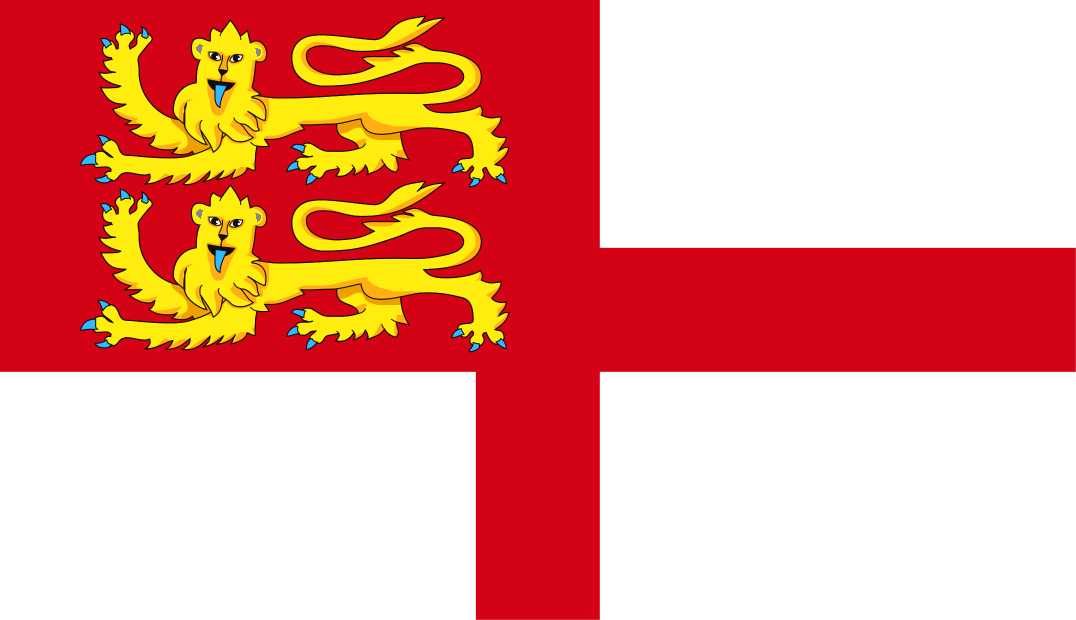
Sark celebrates Liberation Day annually on 10 May.
The date commemorates the island’s liberation in 1945 from German occupation during the Second World War.
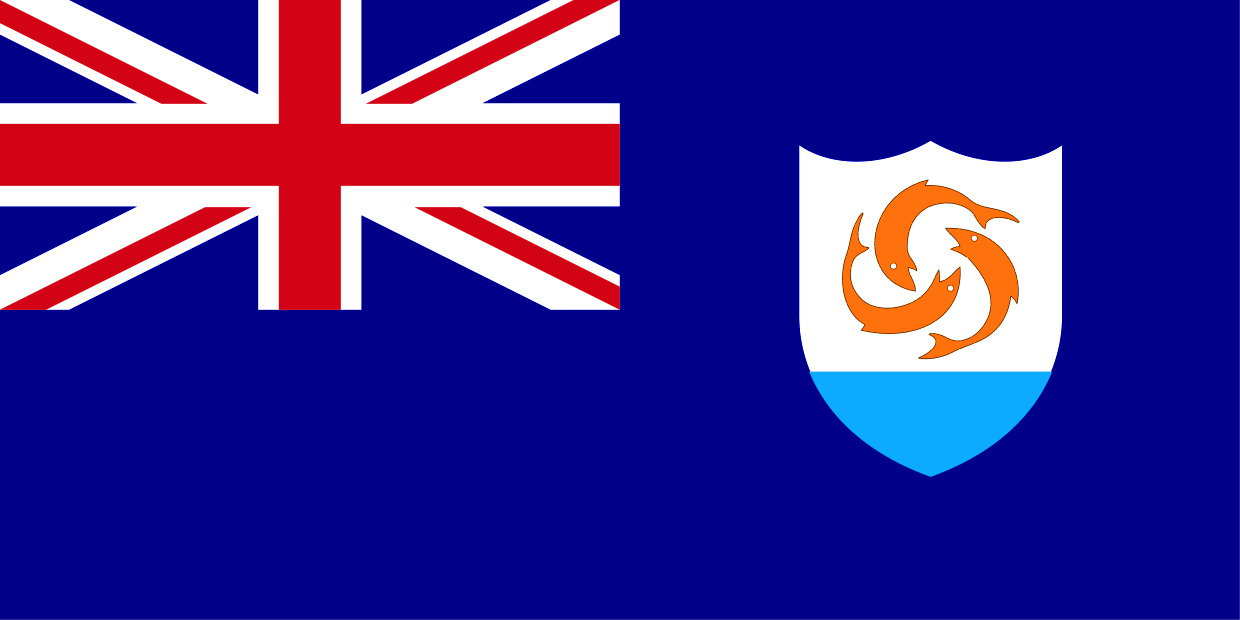
Anguilla Day takes place annually on 30 May.
On 30 May 1967 the Anguillans began a revolution that led to independence from the union of St Kitts-Nevis-Anguilla.
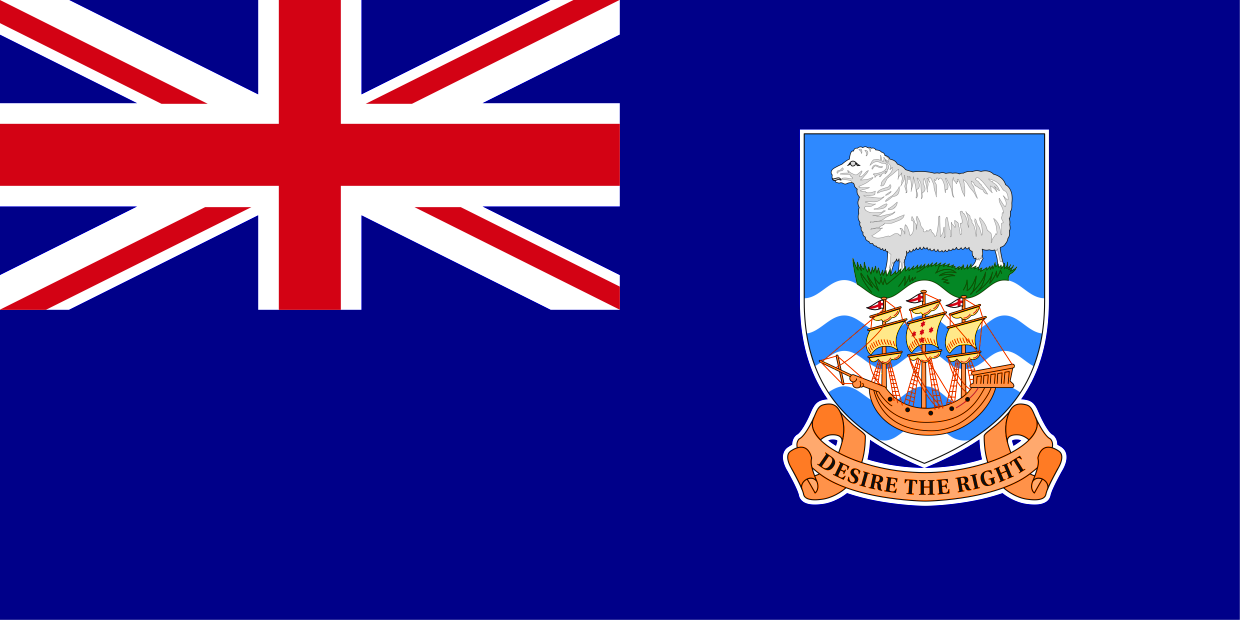
The Falkland Islands celebrate Liberation Day annually on 14 June.
The date commemorates the liberation of the islands from Argentine military occupation in 1982.
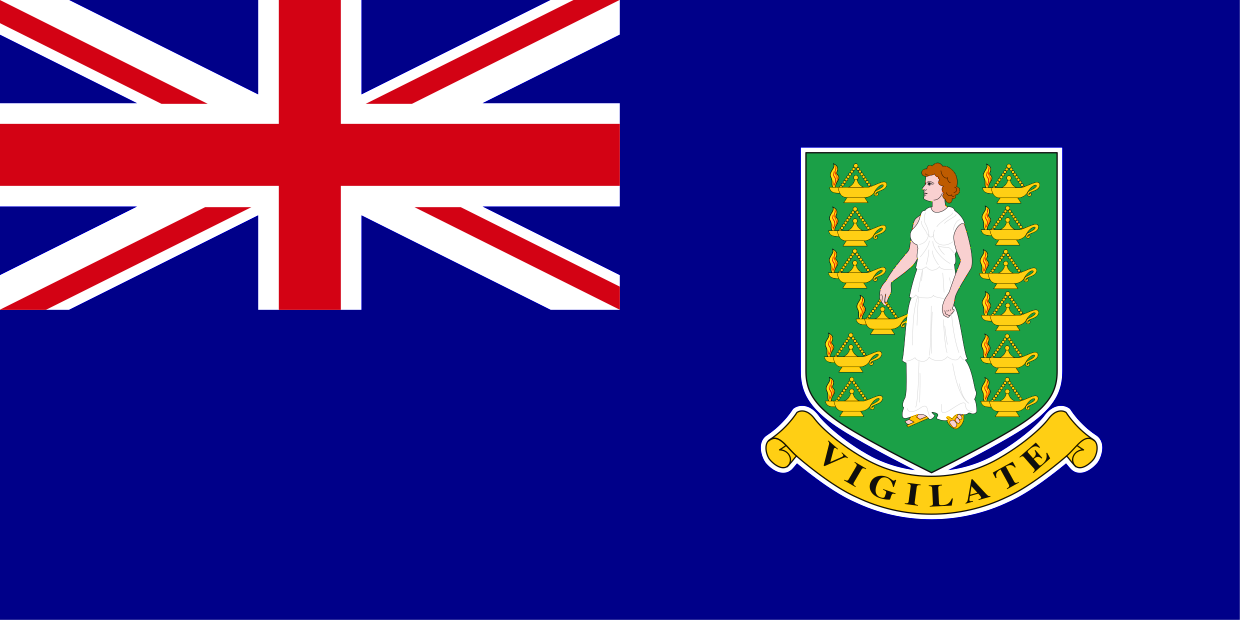
The British Virgin Islands celebrate Territory Day annually on 1 July.
On this date in 1956 the islands became a separate British Overseas Territory.
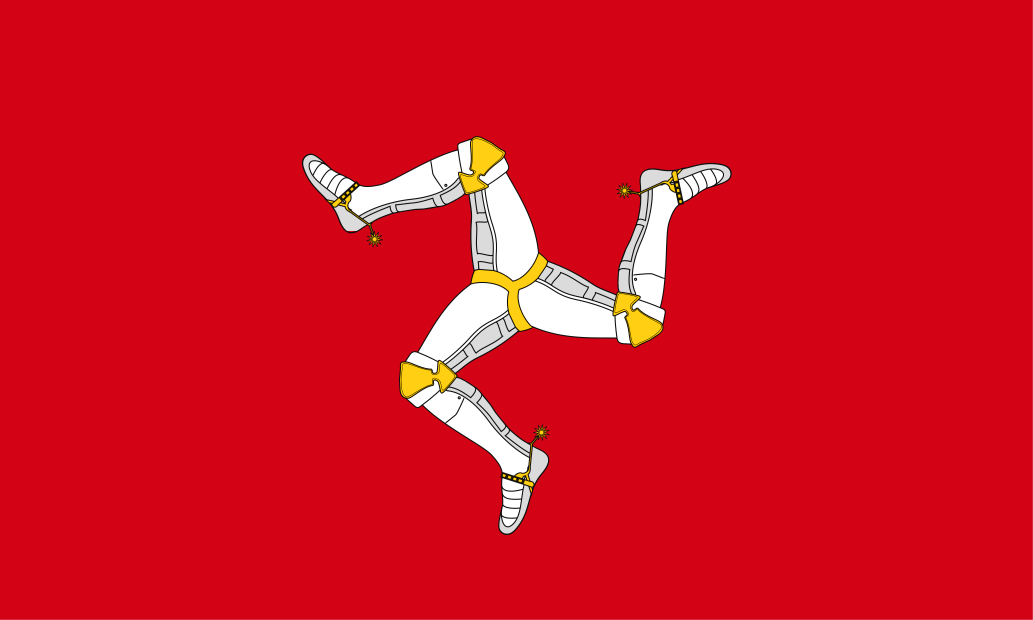
The Isle of Man celebrates Tynwald Day (Manx: Laa Tinvaal) annually on 5 July, unless this date falls on a Saturday or Sunday.
In this case Tynwald Day takes place on the following Monday.
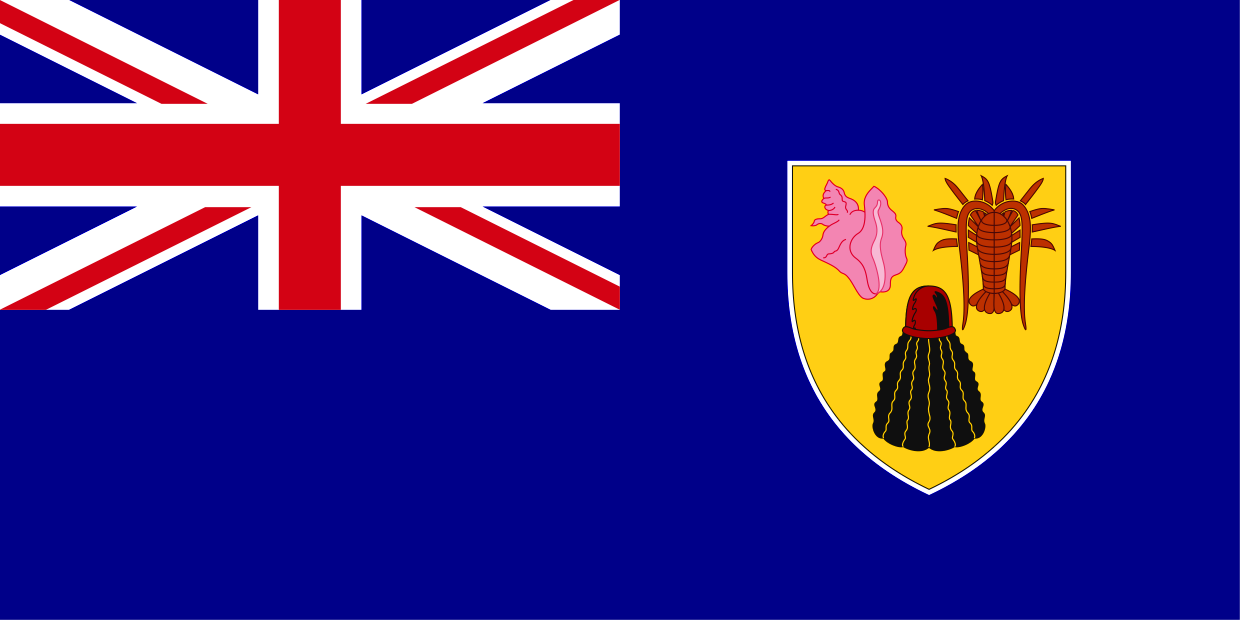
Turks and Caicos celebrate Constitution Day annually on 30 August.
The date honours the first constitution of the islands, adopted on 30 August 1976.
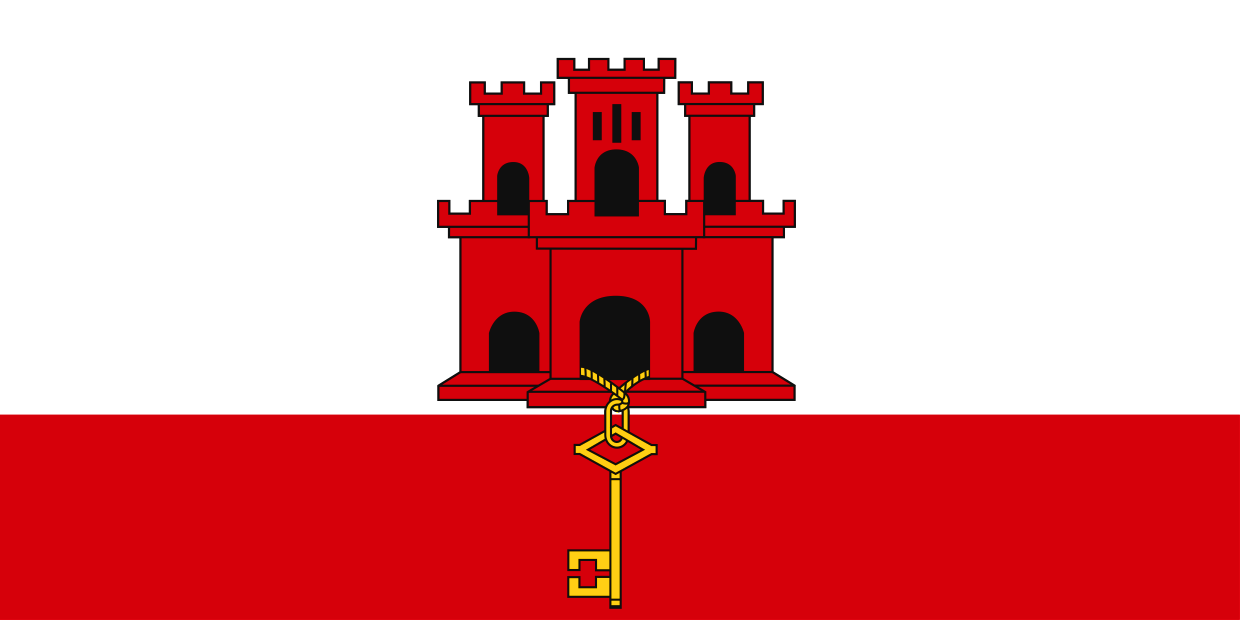
Gibraltar celebrates its National Day – first held in 1992 – annually on 10 September.
The date marks Gibraltar’s first sovereignty referendum (1967), when voters chose to stay under UK sovereignty rather than transfer to Spanish sovereignty.

The Virgin Islands celebrate the feast of St Ursula annually on 22 October.
Christopher Columbus named the Virgin Islands in honour of the saint in 1493.

United Nations Day takes place annually on 24 October, marking the entry into force of the UN Charter (1945).
The UK Government, Scottish Government and Senedd Cymru do not currently list it as a flag flying day.
